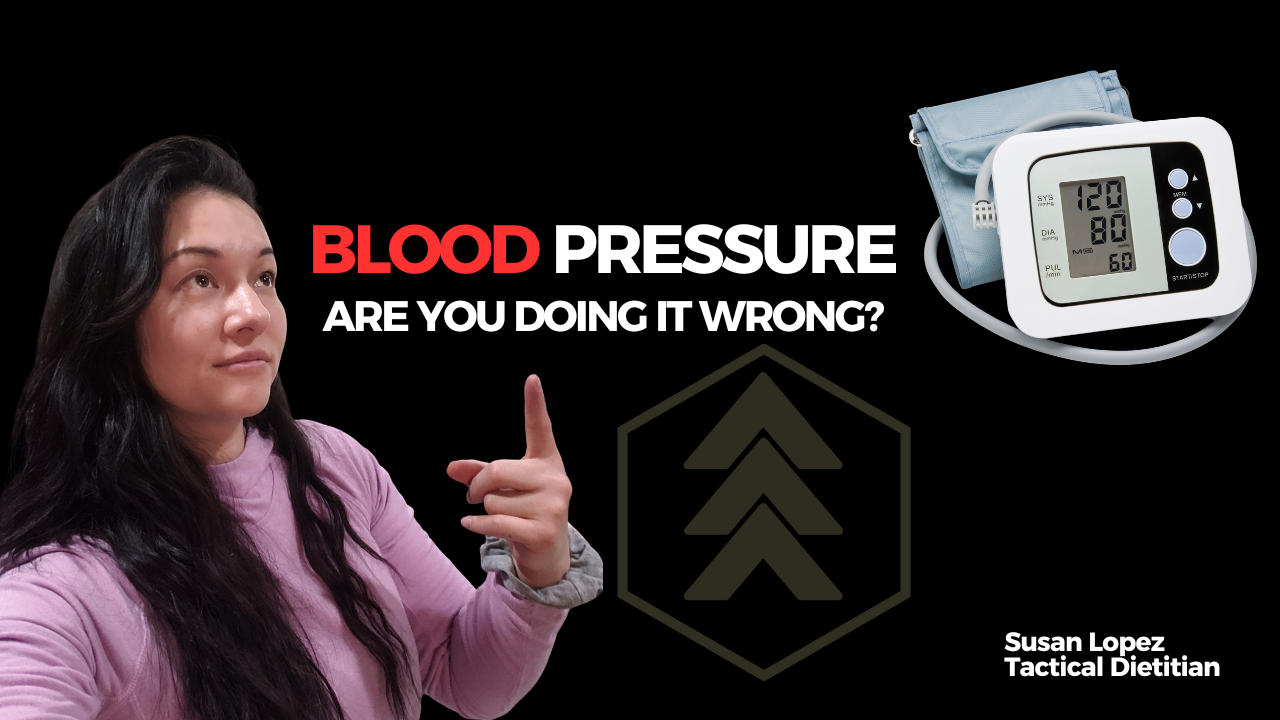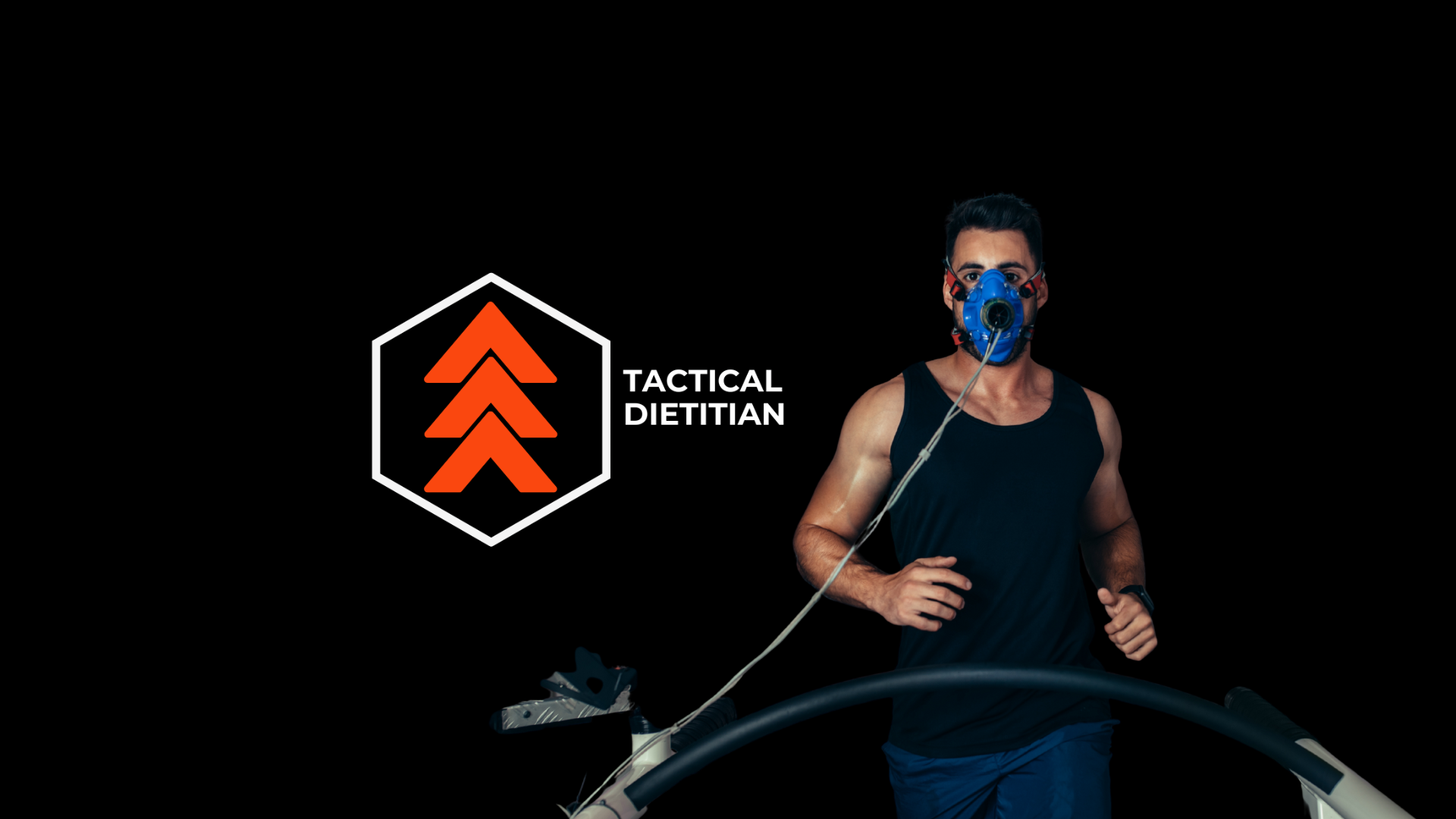Your Blood Pressure May Predict Your Lifespan
Aug 13, 2025
Why should you care about Blood Pressure?
Blood pressure might be the most underrated number when it comes to your health. It shows up at every annual check-up yet might not be even discussed until it becomes out of range. Why is this problematic? For most people, it is a missed opportunity to protect their heart, longevity, and overall health span.
When we look at the future of medicine, it is clear that we cannot afford to be passive about our health. This is a core idea that physician Peter Attia talks about in his book and in his discussions on what he calls Medicine 3.0.
Medicine 1.0 was about survival. Medicine 2.0 has focused on treating disease once it shows up. Medicine 3.0 is about prevention and optimization. It is about identifying risks early, addressing them before they turn into problems, and living in a way that supports both a long lifespan and a high health span.
Blood pressure is one of the simplest yet most powerful indicators we have. Checking it regularly, understanding what the numbers mean, and taking steps to improve it are perfect examples of practicing Medicine 3.0.
In tactical athletes - first responders, military, and firefighters, cardiovascular disease shows up at twice the rate when compared to civilian populations. These careers come with high stress, poor sleep, unpredictable food environments, and extreme occupational hazards. Over time, these factors add up and one of the first warning lights is elevated blood pressure.
Regardless of profession, most cases of high blood pressure and cardiovascular disease are largely preventable. First, we need to understand what is hypertension and how can we then work on prevention.
Is my Blood Pressure High? New guidelines -
Blood pressure is measured in two numbers.
The top number, called systolic pressure, measures the pressure when your heart contracts and pumps blood through your arteries. Think of it as the “lub” in the heartbeat.
The bottom number, called diastolic pressure, measures the pressure in the arteries when your heart is resting between beats. This is the “dub” in the heartbeat.
Hypertension is usually diagnosed when your blood pressure is consistently above 140 over 90. However, just because you are below that does not mean you are in the clear. Spending years at the high end of normal still increases your long-term risk for heart disease and stroke.
If your diastolic number is staying high, that can be a sign your nervous system is running in overdrive. It is often a sign of stress that is not being managed.
The JNC-7 criteria refers to the blood pressure classification guidelines published in the Seventh Report of the Joint National Committee on Prevention, Detection, Evaluation, and Treatment of High Blood Pressure. It's likely your diagnosis of high blood pressure or knowledge of high blood pressure is based on these criteria - however, there have been significant updates were made with the JNC-8 in 2014 regarding treatment.
| JNC-7 (2003) | JNC-8 (2014) | |
|---|---|---|
| Purpose | Classification of blood pressure levels and associated risk | Treatment thresholds and goals based on evidence |
| Categories | Normal, Prehypertension, Stage 1 Hypertension, Stage 2 Hypertension | No “prehypertension” category; focus on when to start medication |
| Normal BP | <120 / <80 mm Hg | Not defined in JNC-8 |
| Prehypertension or High Normal | 120–139 / 80–89 mm Hg | Not included |
| Stage 1 Hypertension | 140–159 / 90–99 mm Hg | Treatment recommended if ≥140/90 mm Hg (age <60 or with diabetes/CKD) |
| Stage 2 Hypertension | ≥160 / ≥100 mm Hg | Treatment recommended if ≥150/90 mm Hg (age ≥60, no diabetes/CKD) |
| Threshold for starting treatment | ≥140/90 mm Hg (all adults) | ≥150/90 mm Hg (age ≥60 without comorbidities) and ≥140/90 mm Hg (age <60 or any age with diabetes/CKD) |
| Treatment goals | <140/90 mm Hg for all adults | <150/90 mm Hg (age ≥60 without comorbidities); <140/90 mm Hg for all others |
| First-line drug options | Thiazide diuretics (preferred), ACE inhibitors, ARBs, beta blockers, calcium channel blockers | Thiazide diuretics, ACE inhibitors, ARBs, calcium channel blockers (beta blockers not listed as first-line) |
Do I need to worry if I am physically fit or strong?
I have worked with firefighters and special operators who can deadlift 500 lbs but still have the blood pressure of a 60 year-old sedentary desk worker. Why? Your heart does not care how much muscle you have or how many supplements you buy. It cares how well it can handle stress, pump efficiently, and recover / manage stress.
If you are getting winded walking upstairs or carrying groceries, that is your wake-up call. But if you also can't seem to get your levels down, regardless of body composition, or your diastolic pressure tends to be high - this is also a problem.
I have seen many single digit body fat athletes struggle with high blood pressure and cardiovascular disease. It may seem paradoxical, but when we start to drill down into the root causes a pretty obvious picture of poor stress management, poor cardiovascular conditioning, and often overtraining starts to appear.
"Normal" Blood Pressure May Still be Shortening Your Lifespan
When we look at the effect of blood pressure on life expectancy, on average men with normal blood pressure (120/80) live 5 years longer than men with hypertension. For women, that number is right around 3 years. Men who have high normal blood pressure have a 41% likelihood of experiencing progressive cardiovascular disease while 113% of men with hypertension will get heart disease.
You are almost guaranteed an early death, but what should be concerning is the quality of life that you will most certainly not enjoy - constantly our of breath, unable to enjoy daily activities, living off medications, etc. This is health span.
Am I accurately measuring my blood pressure?
Most people take one reading a year at their doctor’s office and think they know their blood pressure. That is not enough.
Get a home blood pressure cuff and check your numbers twice a day for a week or two. Take one reading in the morning and one in the evening, then average your results. Be sure to take it seated and allow your body to rest for approximately 5 minutes before conducting a measurement. This gives a much clearer picture than a single reading.
Check out this quick video I posted on Instagram regarding how to check your blood pressure correctly.
View this post on Instagram
How do I improve my blood pressure?
If you do discover that your blood pressure is less than optimal or have recently been diagnosed with hypertension there are some relatively safe things that you can do to be more proactive in your treatment outside of medications that you may be prescribed.
Always follow your licensed medical provider’s instructions regarding treatment, testing, and medications. This article and any advice provided on this website are for general educational purposes only and are not intended to diagnose, treat, cure, or prevent any disease. The information shared here should not replace individualized medical advice. Always consult with a qualified healthcare professional before making changes to your health regimen.
1. Track your diastolic number. You can't fix it if you ignore it. If the bottom number is creeping up, it might point to chronic stress. The obvious answer here is to create a plan to manage that stress. Meditation and breathing exercises are great but don't forget that stress can also be created by over-exercising, under fueling, and poor sleep.
Under fueling isn't just about not eating enough calories but can also refer to being low in micronutrients / vitamin deficient. Under nutrition is a common problem among many of the high performers that start our program. This can also create patterns of stress that the body will have to fight.
2. Condition your heart
Sorry, your 60 minute, high rep weight training session doesn't count as cardio regardless of how high your heart rate climbs or getting 20K steps a day won't really do much for you either in terms of conditioning the heart. You still need 150 minutes of moderate to high intensity cardiovascular training a week to be considered healthy.
I am a big fan of zone 2 training specifically for heart health. Zone 2 cardio, where you can talk but not sing, is highly effective for improving blood pressure and heart health. Even if you look fit, your heart still needs conditioning.
Get VO2 testing or Heart Rate Training Zone Testing to be some data-driven focus into your training and hear health. Knowing your VO2 and working to improve it can help you extend your lifespan and your health span.
BOOK A VO2 or ZONE TEST WITH TACTICAL DIETITIAN HERE
3. Assess the bigger picture Blood pressure is one data point. Get your labs checked and work with someone who can help you bring your numbers into a truly optimal range. Request comprehensive lab panels that will assess all of the body's systems w-holistically. If you would like a list of recommended testing DOWNLOAD THE CHOLESTEROL GUIDE to see which labs you need to be tracking for your cardiovascular health.
Have questions about any of the information above or would you like to see how we can help you improve your metabolism, performance, or longevity? Join our free community to ask questions directly to our dietitians, get more free resources, and get monthly Q&A sessions about these topics and more! Free to join CLICK HERE.
References
-
Healthgrades. (n.d.). High blood pressure prognosis and life expectancy. Healthgrades. Retrieved July 29, 2025, from https://resources.healthgrades.com/right-care/high-blood-pressure/high-blood-pressure-prognosis-and-life-expectancy
-
Franco, O. H., Peeters, A., Bonneux, L., & de Laet, C. (2005). Blood pressure in adulthood and life expectancy with cardiovascular disease in men and women: Life course analysis. Hypertension, 46(2), 280–286. https://doi.org/10.1161/01.HYP.0000173433.67426.9b
-
Reges, O., Ning, H., Wilkins, J. T., Wu, C. O., Tian, X., Domanski, M. J., Lloyd-Jones, D. M., & Allen, N. B. (2021). Association of cumulative systolic blood pressure with long-term risk of cardiovascular disease and healthy longevity: Findings from the Lifetime Risk Pooling Project Cohorts. Hypertension, 77(2), 347–356. https://doi.org/10.1161/HYPERTENSIONAHA.120.15650
-
James, P. A., Oparil, S., Carter, B. L., Cushman, W. C., Dennison-Himmelfarb, C., Handler, J., Lackland, D. T., LeFevre, M. L., MacKenzie, T. D., Ogedegbe, O., Smith, S. C., Svetkey, L. P., Taler, S. J., Townsend, R. R., Wright, J. T., Narva, A. S., & Ortiz, E. (2014). 2014 evidence-based guideline for the management of high blood pressure in adults: Report from the panel members appointed to the Eighth Joint National Committee (JNC 8). JAMA, 311(5), 507–520. https://doi.org/10.1001/jama.2013.284427
-
Attia, P. (2023). Outlive: The science and art of longevity. Harmony Books.

